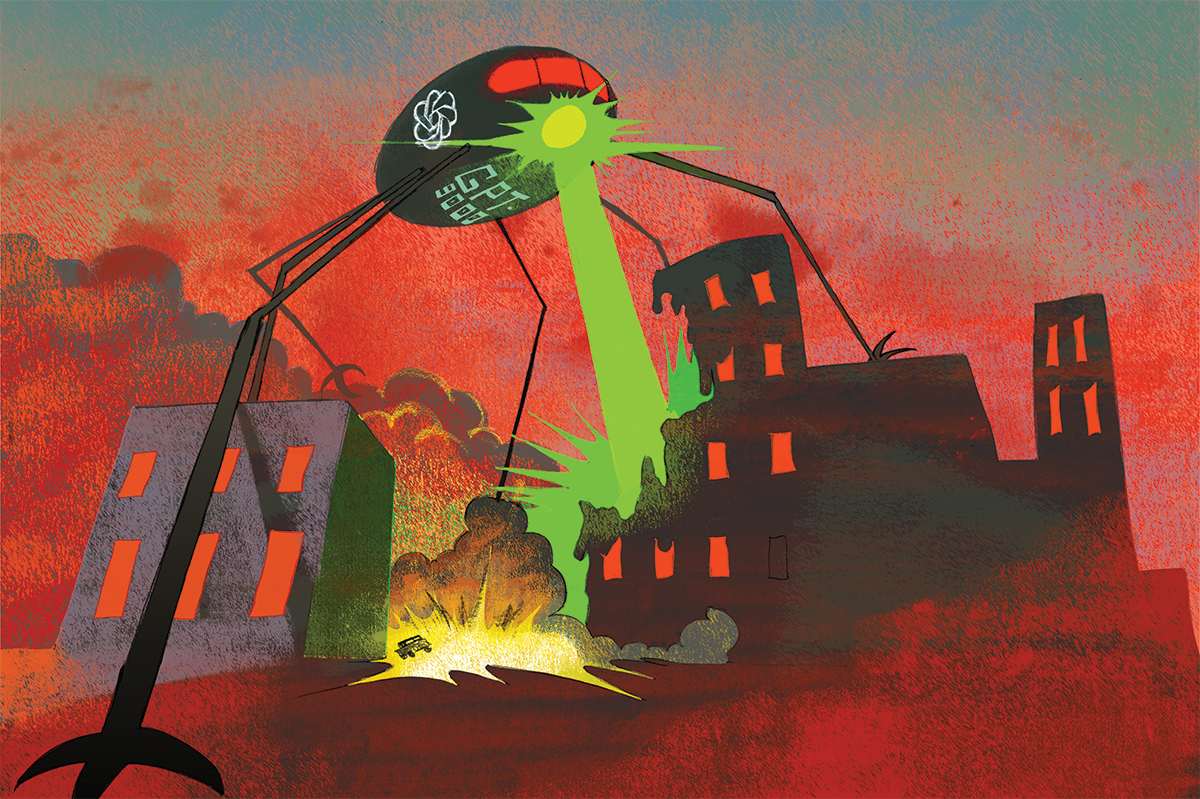The Great Resignation continues, with a new study revealing that employees in many industries are quitting at higher rates than 2021.
Accommodation and food services lost 5.8 percent of its workforce — 773,600 workers — in 2022, an increase of about 128,000 over the same period in 2021.
Retail lost 3.82 percent, or about 600,000 workers, though this is 109,000 fewer than the same period in 2021.
In third is the entertainment sector at 3.58 percent, accounting for 82,200 jobs, rising 7,000 compared to 2021.
These industries happen to be where employees are in closest contact with customers — which would probably cause Cockburn to quit too, given how rude folks can be.
Manufacturing and mining, by contrast, saw 2.42 and 2.3 percent respectively.
Cockburn, though, is befuddled; you would think that as the economic outlook dims, workers would be less inclined to take the risk and quit. The economy between April and August was particularly poor, featuring soaring gas prices and continuously rising inflation.
Aside from rude customers, though, workers may be quitting because they are overworked. Cockburn has seen the staffing shortages at grocery stores and other service providers, which means more work per employee. Somewhat counterintuitively, the worsening economic conditions could play a role here too, because as the cost of living rises, a paycheck that a year ago would suffice to pay the bills may no longer be enough. This might push some to take the risk in the hopes of finding a better job with a higher wage or salary, or to quit and accept government assistance.
In any case, businesses in the most impacted sectors will feel the pain. As productivity decreases due to insufficient workers, what may have been a successful business a few years ago may become unviable. These conditions will also add further stress to finances, which, after a year and a half dealing with Covid-19, could put some businesses six feet under. Alternatively, prices may rise further. The future of his local bar, where he is a regular, has not escaped Cockburn’s attention.

























